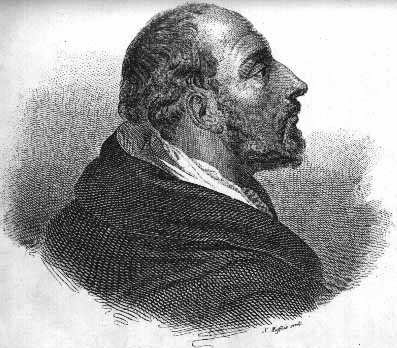 |
 |
 |
 |

When still a child, Aquinas was placed in a Benedictine monastery at which his uncle was abbot. He later attended the University of Naples and became a Dominican friar in 1244. He soon studied under Albertus Magnus in Paris and Cologne in the 1240s. He was named master of theology at Paris in 1256, then spent most of the sixties in the papal court in Rome. His works were both huge and hugely influential. In addition to commentaries on the Bible and Aristotle, he wrote a number of major treatises arguing for the compatibility of faith and secular learning: divine revelation could be reconciled with, and partly explained by, human knowledge. His disavowal of Plato and his dependence on Aristotle marked a sea change in medieval philosophy and theology. This influence is evident in his two most important works: in 1258-1260 came the Summa contra Gentiles; his Summa Theologiae, though begun in 1267, was not finished until 1273.
He died in 1274, and was canonized in 1323.